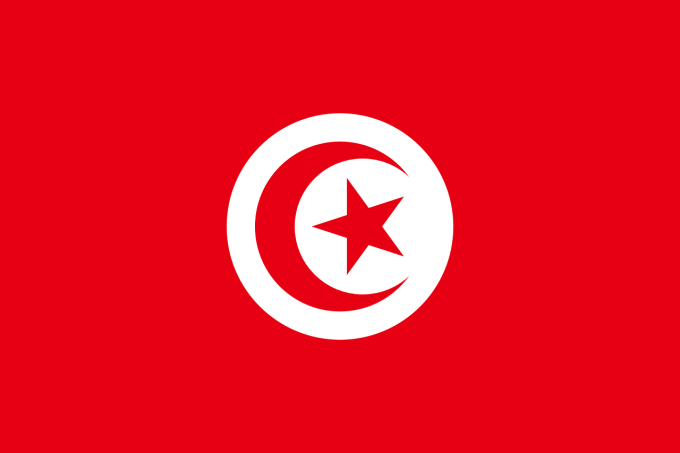TUNISIA: Lawyer Noureddine Bhiri rushed to hospital after 15-day hunger strike in prison
18 July, 2024
On 12 July 2024, Noureddine Bhiri, member of the Tunis Bar who had been under arrest since February 2023, was admitted to intensive care at La Rabta hospital in Tunis. Mr Bhiri had begun a hunger strike on 28 June 2024.
Me Bhiri was violently arrested on 13 February 2023, charged with “attempting to change the form of government” for allegedly posting a message deemed critical of the Tunisian government on Facebook. This charge could result in his being sentenced to death.
Since his arrest, he has been held in Mornaguia prison, from where he began a hunger strike on 28 June 2024. Mr Bhiri is protesting against the inaction of the public prosecutor’s office in response to the complaints he lodged more than a year ago, alleging torture and ill-treatment by police officers.
Following the deterioration of his health as a result of his hunger strike, Noureddine Bhiri has been urgently hospitalised since 12 July 2024.
The Observatory expresses its utmost concern about the state of health of Mr Noureddine Bhiri and demands that the Tunisian authorities preserve his life and physical integrity.
The Observatory urges the Tunisian authorities to release Mr Noureddine Bhiri immediately and unconditionally.
The Observatory strongly condemns this clear attack on the freedom of expression of lawyer Noureddine Bhiri.
The Observatory recalls the principle of prohibition of acts of violence against persons deprived of their liberty contained in article 16, paragraph 1, of the 1984 Convention against Torture and Other Cruel, Inhuman or Degrading Treatment or Punishment, which states that “Each State Party shall undertake to prevent in any territory under its jurisdiction other acts of cruel, inhuman or degrading treatment or punishment which do not amount to torture as defined in article I, when such acts are committed by or at the instigation of or with the consent or acquiescence of a public official or other person acting in an official capacity. (…) “.
L’Observatoire rappelle le principe d’interdiction des actes de violence contre les personnes privées de liberté de l’article 16, paragraphe 1, de la Convention contre la torture et autres peines ou traitements cruels, inhumains ou dégradants de 1984, qui dispose que « Tout Etat partie s’engage à interdire dans tout territoire sous sa juridiction d’autres actes constitutifs de peines ou traitements cruels, inhumains ou dégradants qui ne sont pas des actes de torture telle qu’elle est définie à l’article premier lorsque de tels actes sont commis par un agent de la fonction publique ou toute autre personne agissant à titre officiel, ou à son instigation ou avec son consentement exprès ou tacite (…). ».
The Observatory reminds the Tunisian State that according to article 19, paragraphs 1 and 2, of the International Covenant on Civil and Political Rights, ratified by Tunisia in 1969, “1. Everyone shall have the right to hold opinions without interference. ; 2. Everyone shall have the right to freedom of expression; this right shall include freedom to seek, receive and impart information and ideas of all kinds, regardless of frontiers, either orally, in writing or in print, in the form of art, or through any other media of his choice.”
The Observatory also recalls that in line with the basic principles of the United Nations relating to the role of the Bar, in particular principle 23 :
“Lawyers like other citizens are entitled to freedom of expression, belief, association and assembly. In particular, they shall have the right to take part in public discussion of matters concerning the law, the administration of justice and the promotion and protection of human rights and to join or form local, national or international organizations and attend their meetings, without suffering professional restrictions by reason of their lawful action or their membership in a lawful organization.” (Principle 23)

